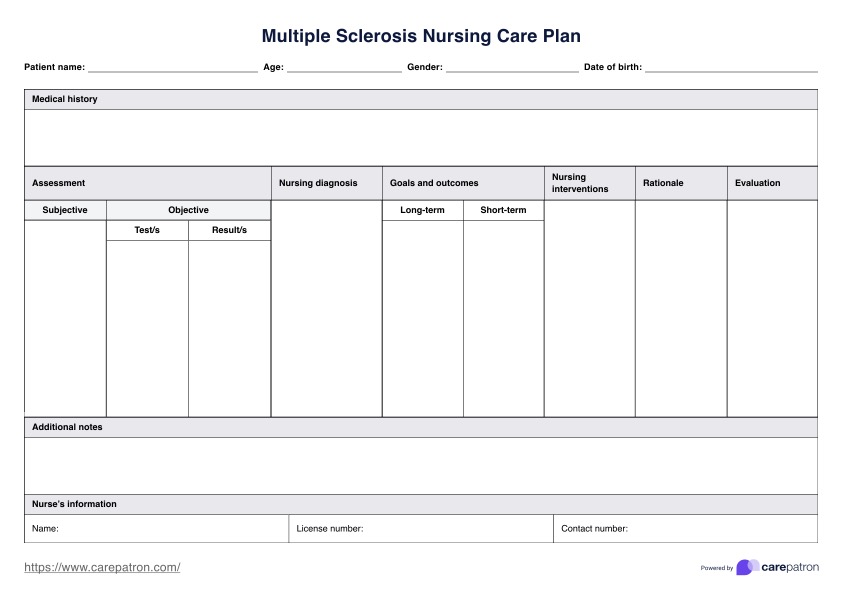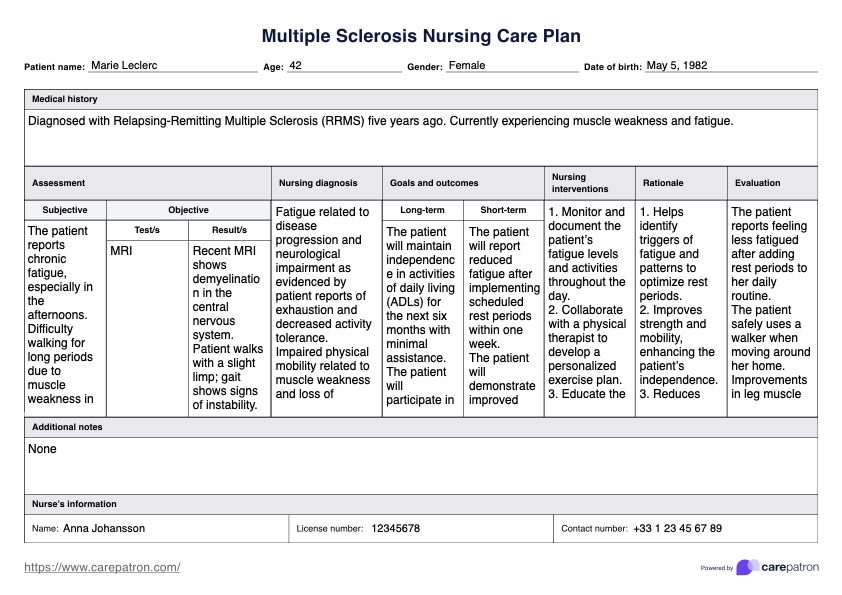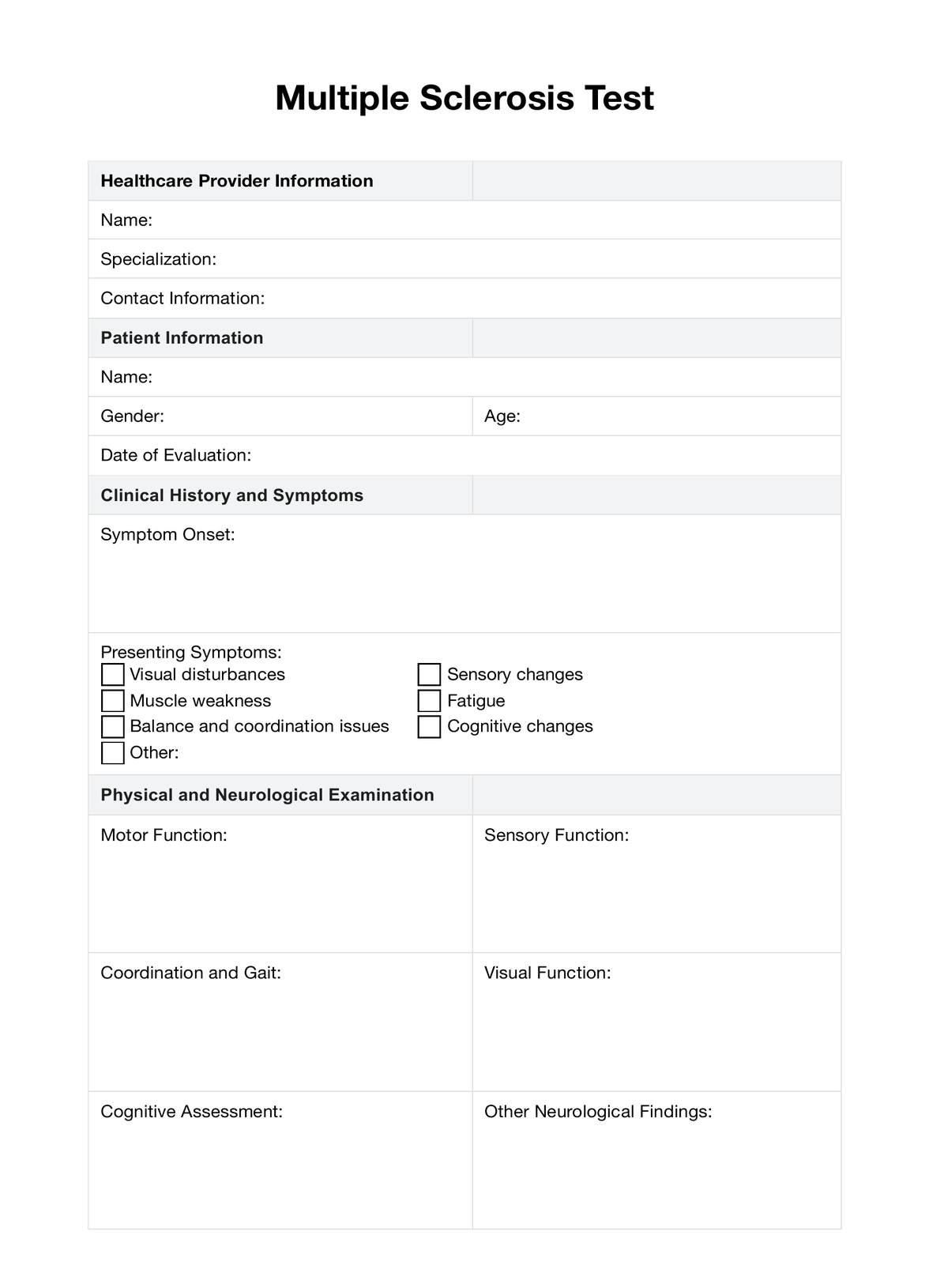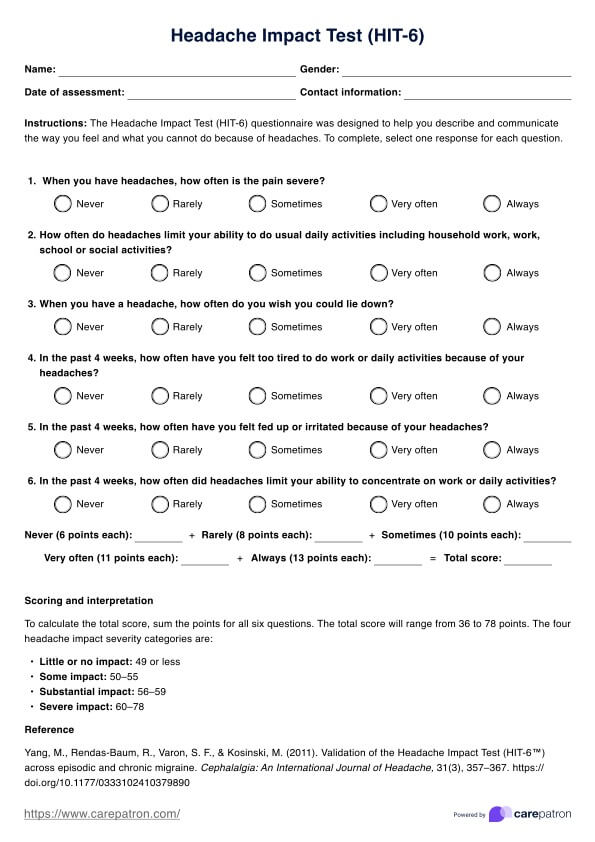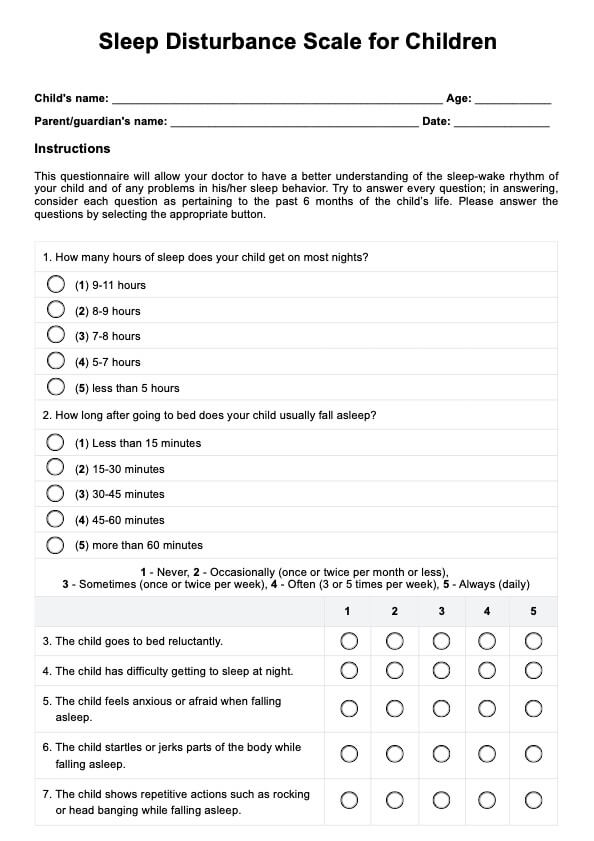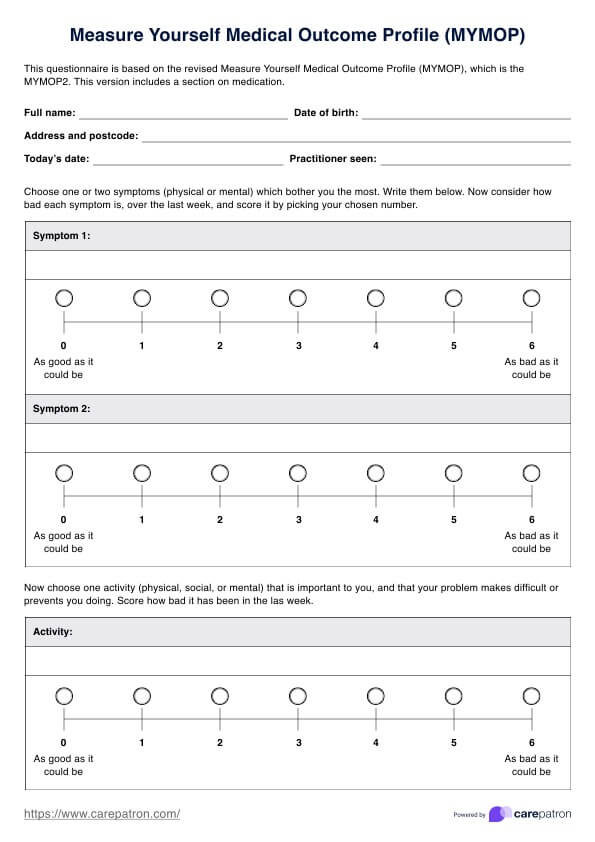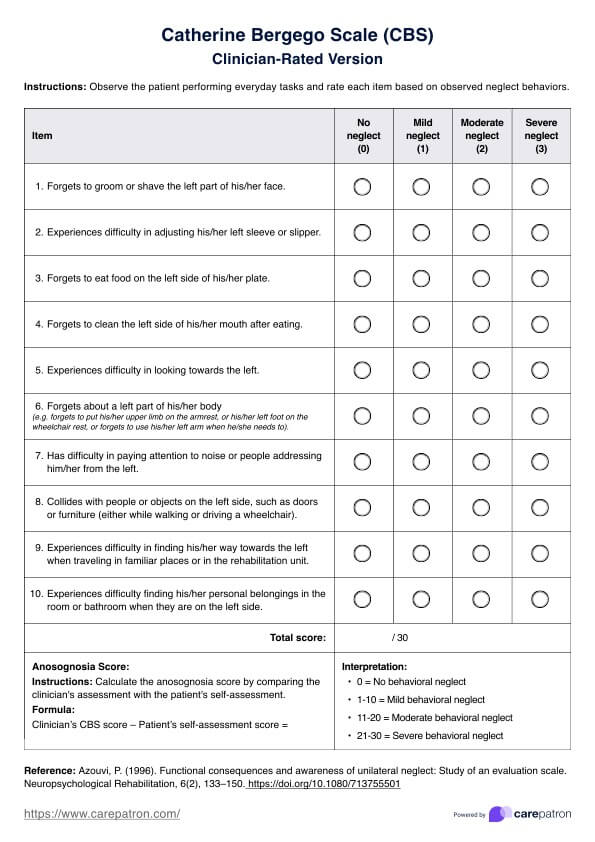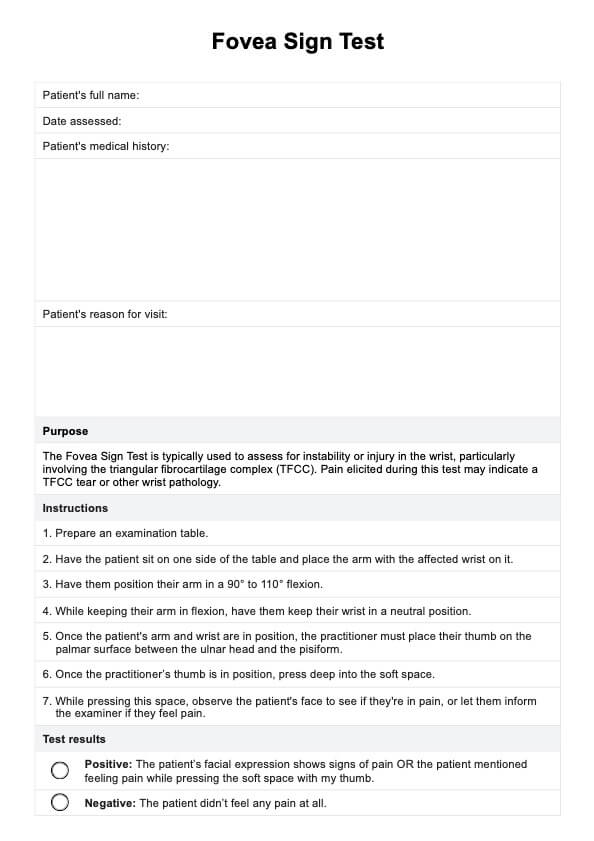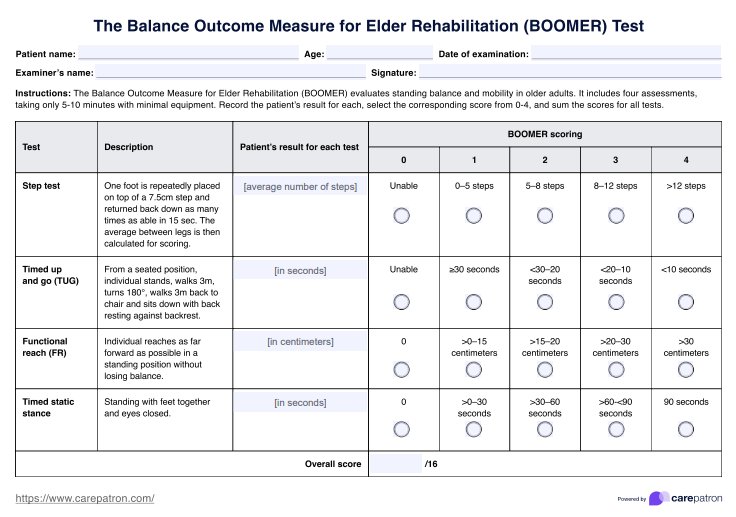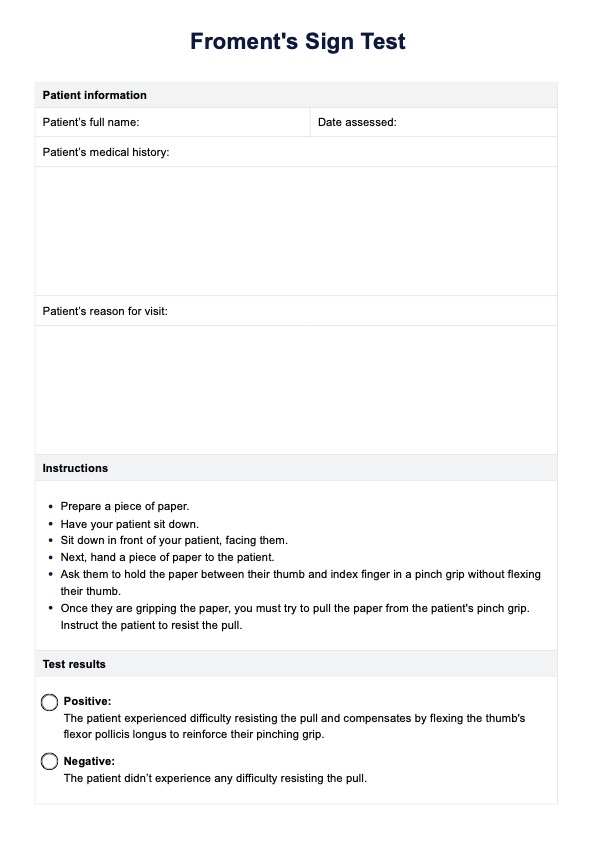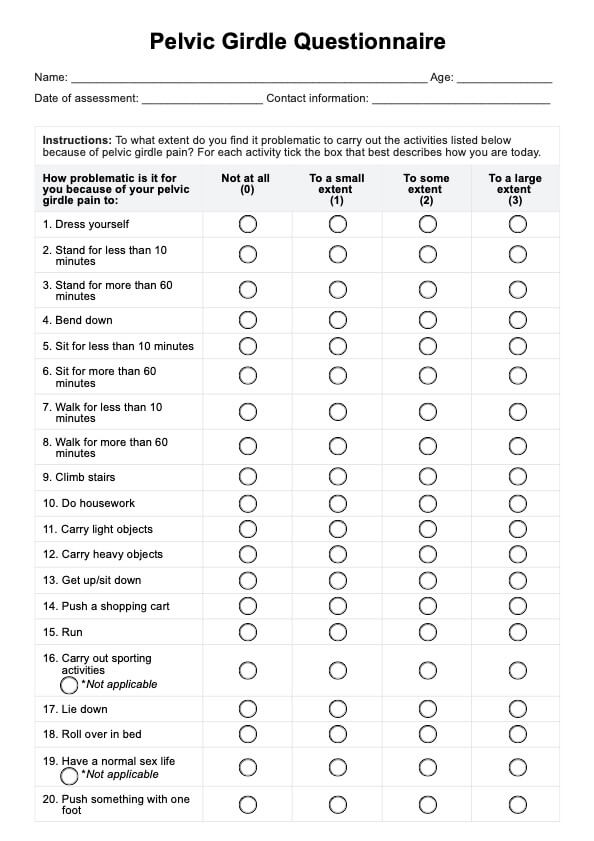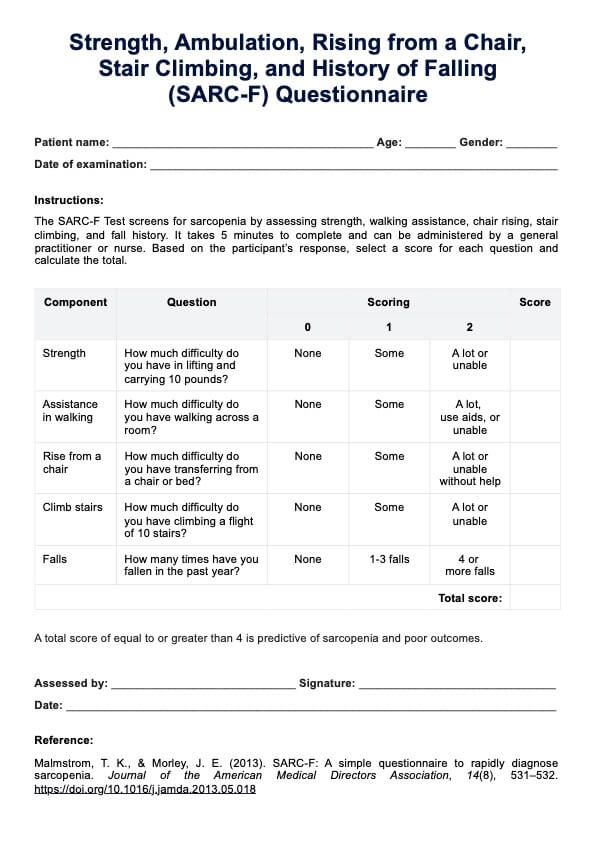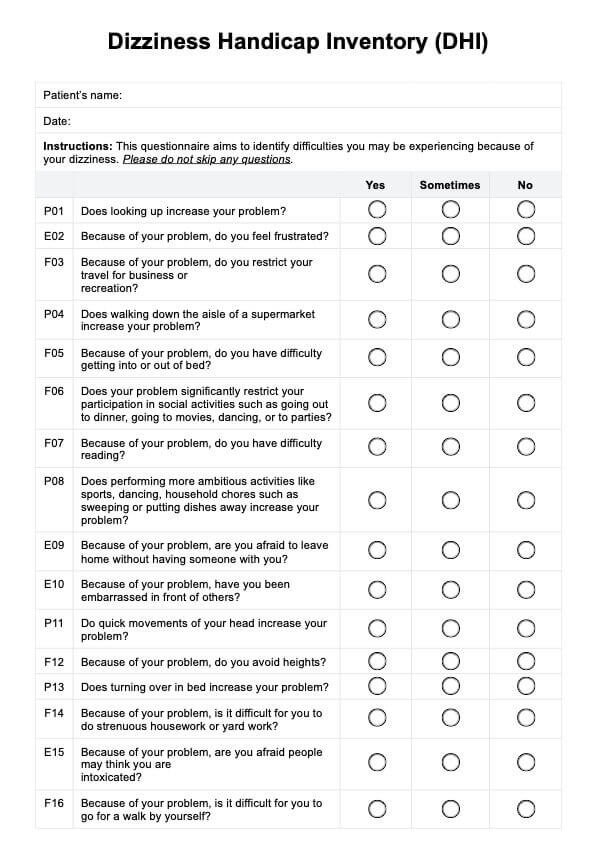Multiple Sclerosis Nursing Care Plan
Use this comprehensive Multiple Sclerosis Nursing Care Plan for effective symptom management in MS patients. Download for free!


What is multiple sclerosis?
It must be tough seeing patients with so much promise suddenly struggle with things like fatigue, weakness, or maybe even tremors. Many things can cause these symptoms, but as a healthcare provider, you know better than anyone that Multiple Sclerosis (MS) can be a real possibility, especially for young adults.
Multiple sclerosis (MS) primarily affects individuals typically between ages 20 and 40. It causes damage to nerve cells and axons in the central nervous system. The condition involves the immune system attacking myelin, resulting in scar tissue formation known as sclerosis or lesions. This affects brain regions responsible for various functions, including vision and movement. Over time, MS can lead to the cerebral cortex's shrinkage, known as cortical atrophy (National Institute of Neurological Disorders and Stroke, 2024).
MS is a challenging neurological condition, and it can be difficult for both patients and medical professionals trying to help them. That's why preventive measures and a proper treatment regimen should be in place.
MS symptoms
Multiple sclerosis may affect various parts of one's body. However, this may vary from one person to another. Some will develop their symptoms and worsen over time. For others, symptoms just come and go. Usually, MS symptoms may include the following (National Multiple Sclerosis Society, n.d.; (National Health Service (NHS), 2024):
- Vision problems
- Fatigue
- Numbness and tingling
- Bladder dysfunction or problems
- Mobility issues
- Speech and swallowing challenges
- Memory difficulties
- Mood changes
Advising your patients to look for these specific symptoms will help you provide proper diagnosis and treatment options for them.
Causes of multiple sclerosis
The exact cause of multiple sclerosis is unclear, and ongoing research is being conducted to determine the causes. However, scientists posit that it combines environmental and genetic factors. Other than these, infections and environmental factors such as vitamin D deficiency and smoking may increase the risk of developing MS.
Complications multiple sclerosis may lead to
While the complications below are considered secondary and tertiary symptoms, they may arise due to the primary ones. Some of the complications include (University of Rochester Medical Center, 2019):
- Bedsores
- Urinary tract infection
- Risk of pneumonia
- Poor posture
- Muscle weakness and imbalances
- Decreased bone density
- Inability to walk
- Depression and anxiety
Healthcare professionals should continue educating patients to empower them to participate actively regarding their MS symptoms.
Multiple Sclerosis Nursing Care Plan Template
Multiple Sclerosis Nursing Care Plan Example
How nurses assess and diagnose multiple sclerosis
MS diagnosis doesn't rely on a single test. However, understanding MS symptoms and complications sets the stage for nurses to assess and diagnose the condition. This involves recognizing common signs and conducting thorough evaluations, including medical history reviews and diagnostic tests, to confirm MS and guide treatment.
Check the patient's medical history
Start by reviewing the patient's medical records and talking with them about any past health issues or symptoms. Ask about family history, too, as it can provide essential clues about neurological conditions like MS.
Physical examination
Conduct a thorough physical exam, paying close attention to neurological signs such as reflexes, coordination, and strength. These observations can help you identify any potential indicators of MS.
Diagnostic evaluations
Consider ordering diagnostic tests like MRI scans or spinal taps to get detailed images of the brain, spinal cord, and other affected areas. These tests can help confirm the presence of MS and provide insights into its severity and progression.
Next steps after diagnosis
Once MS is diagnosed, collaborate with the patient to develop a comprehensive NCP for multiple sclerosis. This may include medication management, rehabilitation strategies, and lifestyle modifications. Collaborating with other healthcare providers, utilizing support groups, and providing ongoing patient education to optimize symptom management and overall well-being is also helpful.
How to use our Multiple Sclerosis Nursing Care Plan template
Creating a nursing care plan for MS is crucial for effectively managing this chronic illness and improving the quality of life for MS patients. Follow these steps to utilize our template:
Step 1: Download the template
You can begin by downloading the Multiple Sclerosis Nursing Care Plan template provided using the download link. You can also get it from our platform's templates library.
Step 2: Gather patient information
Collect essential information about the patient, including their name, age, sex, and clinical history. This information will personalize the care plan and ensure it meets the individual needs of the patient.
Step 3: Identify nursing diagnosis
Review the patient's medical history and assess their current condition to identify relevant nursing diagnoses. Include subjective and objective data in your assessment. Common nursing diagnoses for MS patients may include impaired mobility, blurred vision, urinary elimination dysfunction, swallowing difficulties, and fatigue.
Step 4: Set goals and develop interventions
Based on the identified nursing diagnoses, establish clear goals and outcomes that align with the patient's functional abilities and desired outcomes. Goals may include improving mobility, maintaining bladder function, promoting safe swallowing, and reducing fatigue. Develop interventions to manage symptoms and achieve the established goals.
Step 5: Evaluate and adjust
Evaluate the effectiveness of the care plan interventions regularly and monitor the patient's progress toward achieving the established goals. Adjust the care plan as needed based on the patient's response to interventions and any changes in their condition.
Common nursing interventions for multiple sclerosis
Common nursing interventions to help patients include:
- Medication administration and monitoring: This includes administering disease-modifying therapies, monitoring their effectiveness, and educating patients on medication management and potential side effects while encouraging self-care.
- Mobility assistance and rehabilitation: Nurses assist patients with mobility exercises, provide gait training, and recommend adaptive equipment or physical therapy to enhance mobility and enable patients to perform tasks more efficiently.
- Bladder and bowel management: Nurses educate patients on bladder and bowel dysfunction associated with MS, implement strategies for managing these symptoms, and assist with bowel care.
- Psychosocial support: A psychiatric clinical nurse specialist or psychiatrist may help in providing emotional support, counseling, and resources to support patients and their families as they cope with and understand the body and disease process.
These are just some interventions, and remember that each patient's journey with MS is unique.
Benefits of having a comprehensive care plan
As nurses apply typical interventions for MS, they significantly contribute to symptom management and enhancing patient's quality of life. Having a comprehensive care plan has the following benefits:
Coordination
A complete care plan means everyone is on the same page, working together like a well-oiled machine to help patients feel better.
Personalization
Tailoring the plan to individual needs means addressing specific symptoms and challenges and improving effectiveness.
Continuity and patient empowerment
With a clear nursing care plan for multiple sclerosis in place, patients receive consistent care. This reduces confusion and ensures ongoing support. Moreover, by involving patients in creating and following their care plan, they gain control over their health and treatment decisions.
References
National Health Service (NHS). (2024, August 16). Multiple sclerosis. https://www.nhs.uk/conditions/multiple-sclerosis/
National Institute of Neurological Disorders and Stroke. (2024, October 11). Multiple sclerosis. https://www.ninds.nih.gov/health-information/disorders/multiple-sclerosis
National Multiple Sclerosis Society. (n.d.). What is multiple sclerosis?. https://www.nationalmssociety.org/understanding-ms/what-is-ms
University of Rochester Medical Center. (2019). Multiple sclerosis (MS) - Health Encyclopedia. https://www.urmc.rochester.edu/encyclopedia/content.aspx?contenttypeid=85&contentid=P00790
Commonly asked questions
Care plans help manage MS by giving a clear plan for treating symptoms and making sure people get the support they need.
Yes, monitoring the clinical neurological status of multiple sclerosis (MS) patients is essential to track disease progression, assess treatment efficacy, and detect relapses early.
In 1996, the International Advisory Committee on Clinical Trials of MS established four types of MS as cited in the National Multiple Sclerosis Society. They are clinically isolated syndrome (CIS), relapsing-remitting MS (RRMS), secondary progressive MS (SPMS), and primary progressive MS (PPMS).
While the exact cause is unknown, MS is considered to result from a combination of genetic, environmental, and immune system factors, and it most commonly affects young adults between the ages of 20 and 40.


